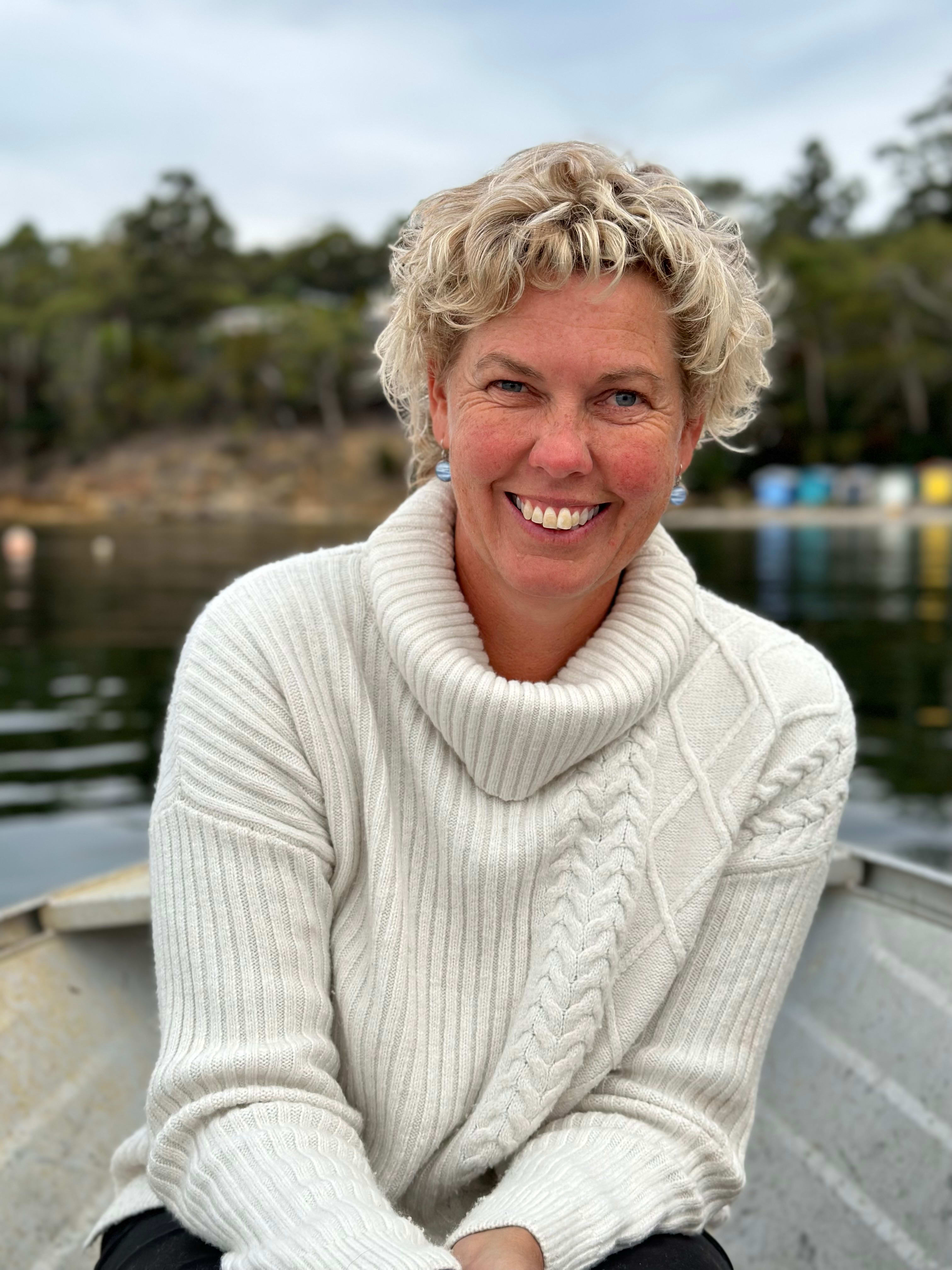One autumn I went bushwalking with a friend. We had a certain destination in mind but we didn’t quite make it, turned back by scrub and snow. We retreated instead to an old fisherman’s shack – Number 5, if that means anything to you – having passed through bright yellowbush and purple heath, the seed pods of a Proteaceae species rattling in the autumn breeze.
We’d taken lunch in the sun, in the lee of a dolerite plinth, and later, with every new tarn or creek we encountered, I was meeting landmarks of new country which would forever be associated with this mate of mine, who was born in Iran, moved to Australia as a child, whose story was an already an epic without needing to go bush-bashing into a landscape without people, following cobbled cairns round bends to the westward, south to where the track peters out, to where we hit the hut in last light.
We put the tent up beneath a banner of thickly clustered stars, within a galaxy of dreams, and woke to a morning in which we folded up the map, decided not to push on unnecessarily, and instead read to each other over second and third cups of coffee, seated on a fallen log in a forest of alpine yellow gums. I had brought an anthology of short stories from her home country. She opened to a story called “Ask the Migrating Birds”, by Simin Daneshvar. It was a story of storks and headscarves and bougainvilleas and blasphemy, geometry and figs. We were each transfixed by the truth in the fiction; my friend had jewels in her eyes at the end of the tale, and with the final sentence added her own words as an epilogue. What suffering, she said. I had the feeling she was following a sequence of stories beyond the end of the book.
Later we ventured out, fording a river with bare feet, pebbles under our soles, the water terrifically cold. We roused trout into lively motion, followed wombat tracks through species of heath shrubs, and came upon various bones, separated marsupial skeletons, devil-devoured bodies abandoned to the sky. Wedge-tailed eagles made slow, invisible rings in the pallid sky. We stomped to a lake named for native fish. We made a sofa for ourselves on cream tufts of ruffled moss. A white goshawk launched off its perch in a beautiful eucalypt on the western shore and traversed the lake, plucking out a hefty trout as it swooped. We ate cheese-and-salami sandwiches and fell into a drowsy state. My mate almost left her sunglasses behind; what a strange relic that might have made, a weird artefact for someone to have later found in the landscape, if I hadn’t run back to get them.
Yet even weirder was the shadow over us, the shadow of another country. I hadn’t yet been to Iran, but now I had these stories here, the words of Simin Daneshvar, and they stretched over this familiar terrain, the hodgepodge of heath and forest, the roving grounds of wombats and wallabies. What suffering. The following morning the stories receded into snowy silence, the bush now all black-and-white, ice bunched in the needles of shrubs. We walked thoughtfully back to the car throughout a timeless day on a track that now tangled distant countries.
Likewise I take one step out my back door and despite the native vegetation, I find myself on a train platform in the west of Tehran. It is a station called the City of Flowers. From the platform I can hear a vendor selling roses that seem nearly totally decayed, and somehow a bit cursed as he calls over them, sad toman, sad toman. I take a taxi by a pink palace and the shah’s old apple orchard. A black silk flag waves over a square, a symbol with some intention but instead I read it as a raven that has mysteriously migrated from the highlands of Tasmania. The taxi driver is taking me somewhere I am not allowed to know about. When I return to the platform in a few days’ time, I will know that the world is not a sphere but a series of halls that open into fields or bazaars or city streets. The corridors are constantly shifting and the doors disappear inevitably. Maybe someday they come back. Maybe you get the chance to re-enter certain apertures. Maybe once or twice, in your whole life, are you let back in.
Bert Spinks writes poetry, and poetic prose, about wilderness. He has also played football on Queenstown’s gravel oval. In this blog, he fills in some of the space between these essentially Tasmanian extremes.








